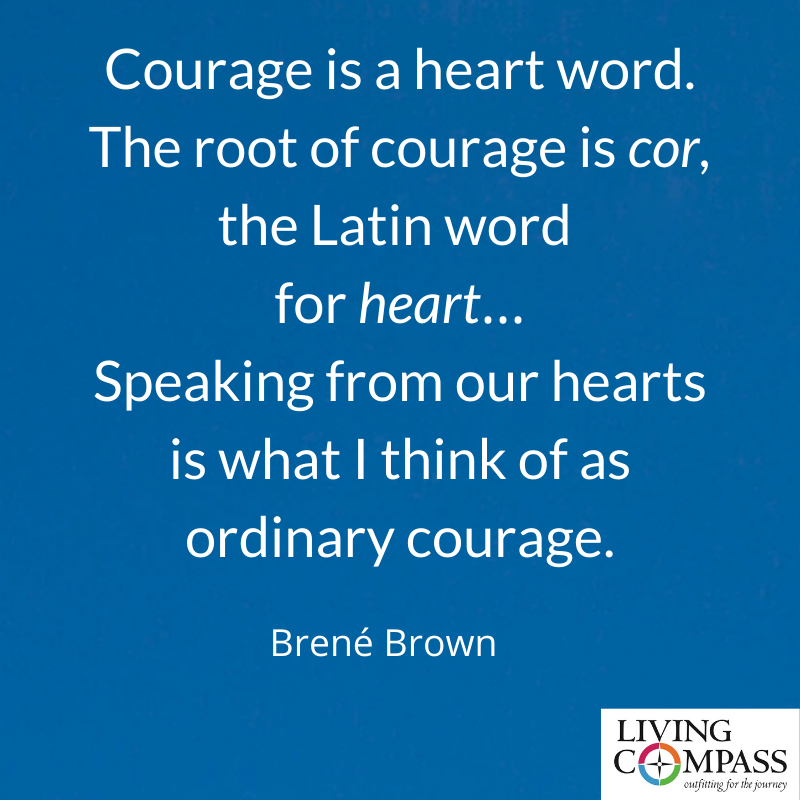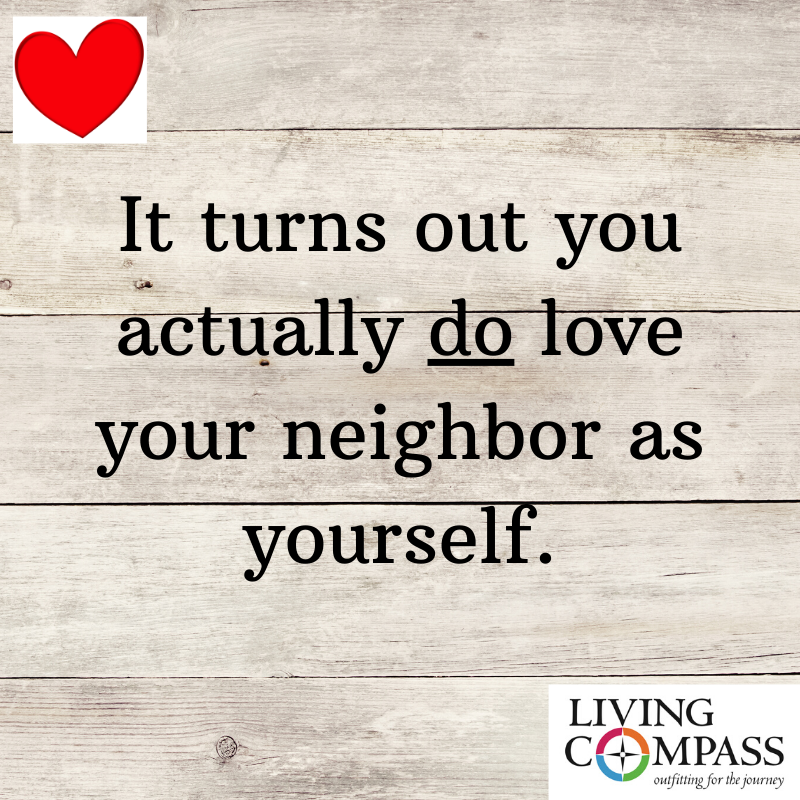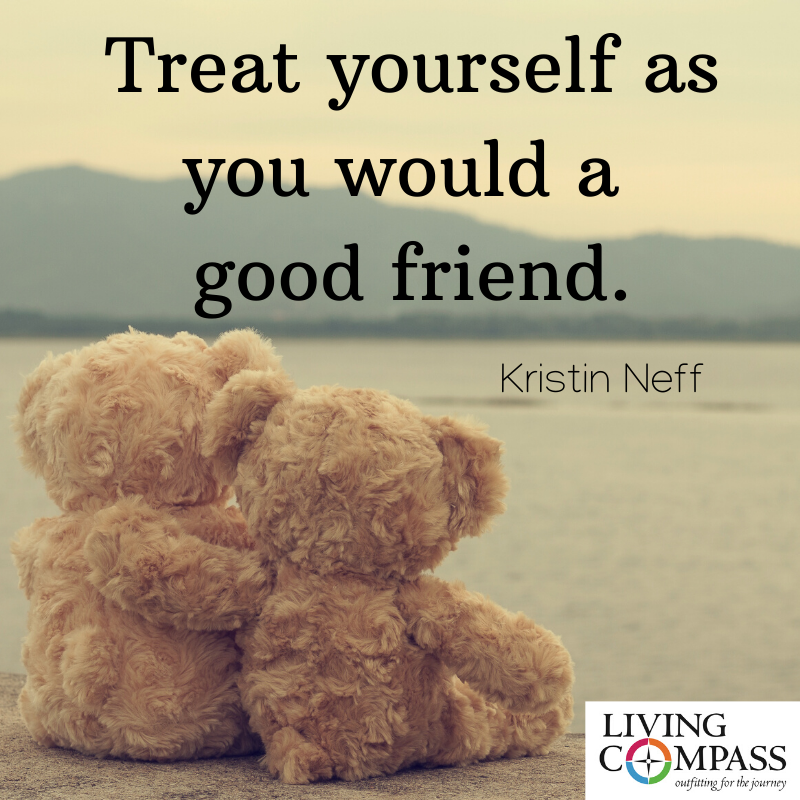Practicing Courage
Think of a time when you demonstrated courage in your life. What did you feel? What did you do? What gave you the strength to speak or act in this way? How did others respond?
Now think of a time when you struggled or failed to demonstrate courage. Again what did you do (or not do)? What did you feel? What barriers (internal or external) hindered your ability to act more courageously?
If you are engaged by these questions, then you will want to be sure to join us for our upcoming series of daily readings for the season of Lent from Living Compass entitled: “Practicing Courage with All Your Heart, Soul, Strength, and Mind.” The daily reflections start on Ash Wednesday, February 26, and conclude on Easter Sunday, April 12, and feature the writings of nine different authors. (See below for the variety of ways you can receive the daily reflections on courage).
The weekly sub-themes include The Courage to Be Vulnerable, The Courage to Grow, The Courage to Change Direction, The Courage to Let Go, The Courage to Practice Grace Under Pressure, and the Courage to Walk The Way of Love. Each week’s reflections will invite us to reflect more deeply on where and how we are longing to grow spiritually, emotionally, and relationally as we wrestle with what it means to live more courageously.
Last year during Lent, we hosted a private, moderated Facebook group that served as a Lenten eRetreat for over nine hundred people from all around the world. We have already started this year’s group and hope that you will consider joining us. We will gain wisdom and encouragement from each other as we reflect on the opportunities we have to be more courageous in our daily lives.
The Brené Brown quote at the top of today’s column is part of a more extended quote from her, and I would like to close by sharing the full text. As you read it, pause and reflect on where you have the opportunity to practice “ordinary courage” in your life right now.
And whether you typically observe the season of Lent, or not, I hope you will feel inspired to join us as we reflect on Practicing Courage with All Your Heart, Soul, Strength, and Mind.
“Courage is a heart word. The root of the word courage is cor—the Latin word for heart. In one of its earliest forms, the word courage meant “To speak one’s mind by telling all one’s heart.” Over time, this definition has changed, and today, we typically associate courage with heroic and brave deeds. But in my opinion, this definition fails to recognize the inner strength and level of commitment required for us to actually speak honestly and openly about who were are and about our experiences—good and bad. Speaking from our hearts is what I think of as ordinary courage.” Brené Brown
To find out all the options to access the daily Lent reflection on Practicing Courage go to www.livingcompass.org/lent
Subscribe Now to Weekly Words of Wellness:
Click the button below to signup for the e-mail version of Weekly Words of Wellness. This weekly article can be shared with your community electronically and/or used for group discussion.
You can unsubscribe at any time.




